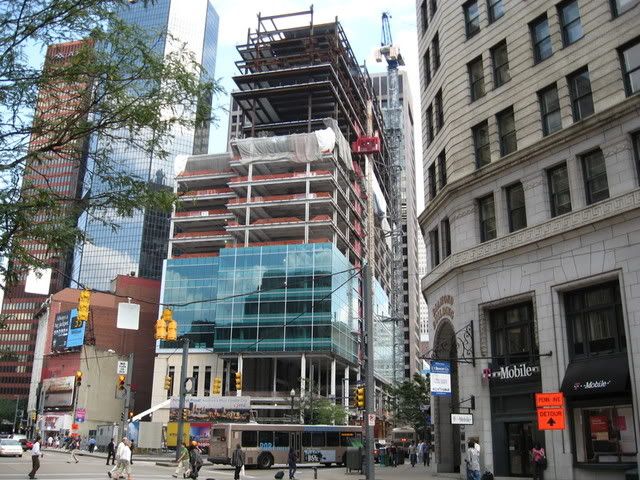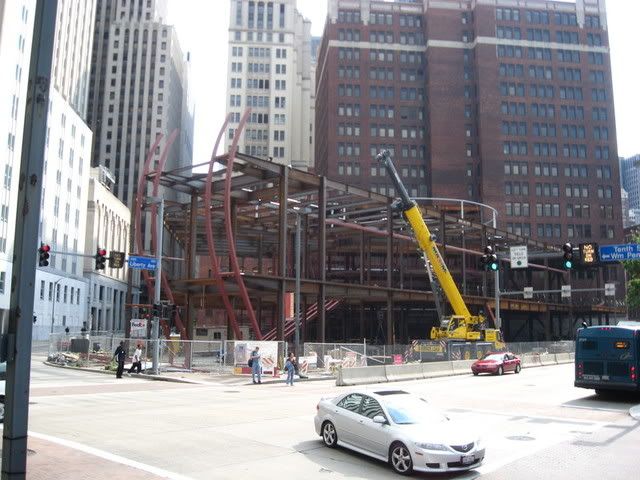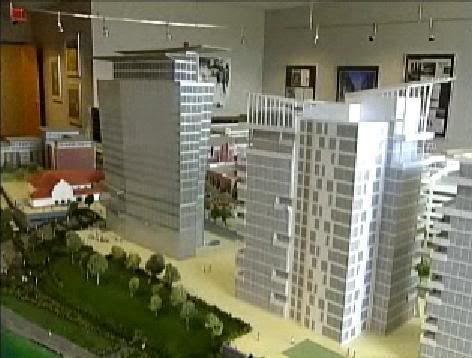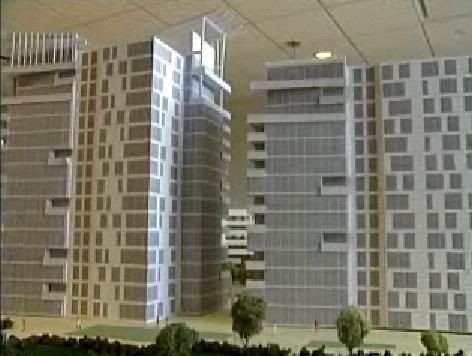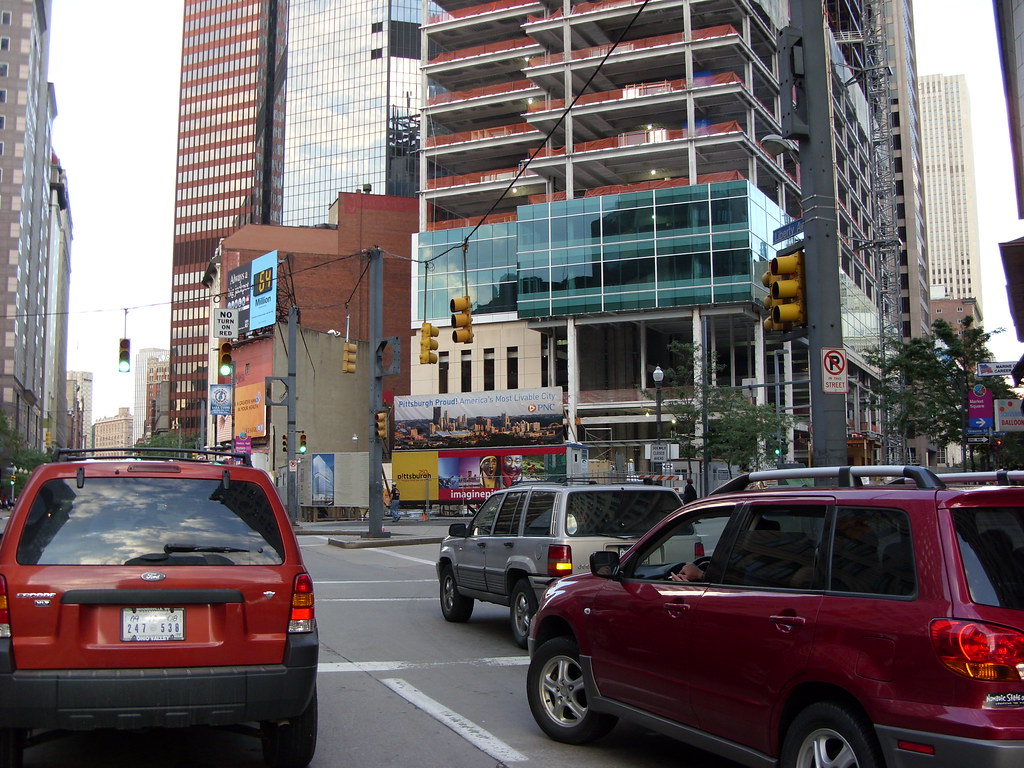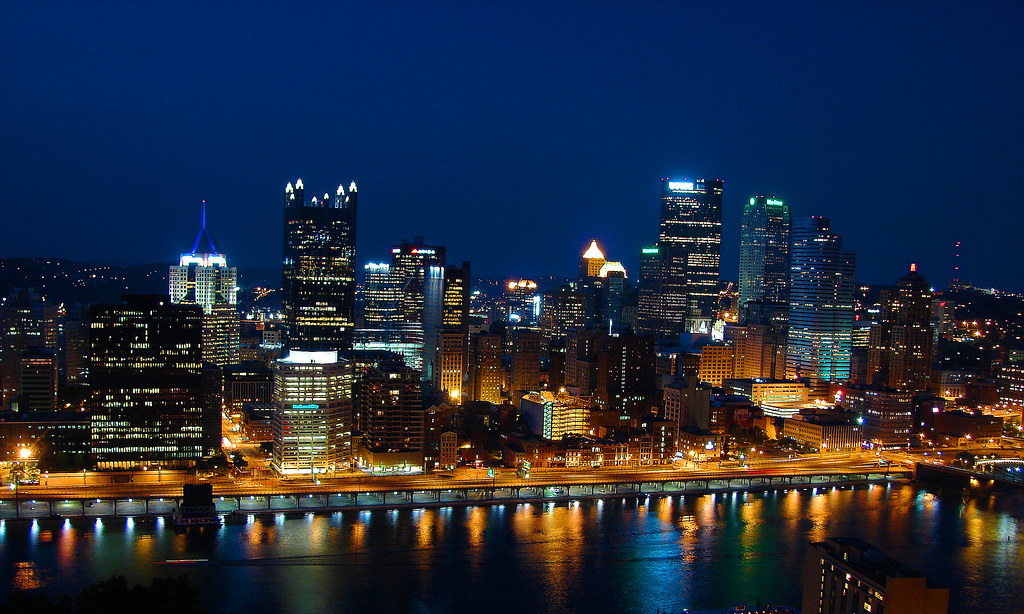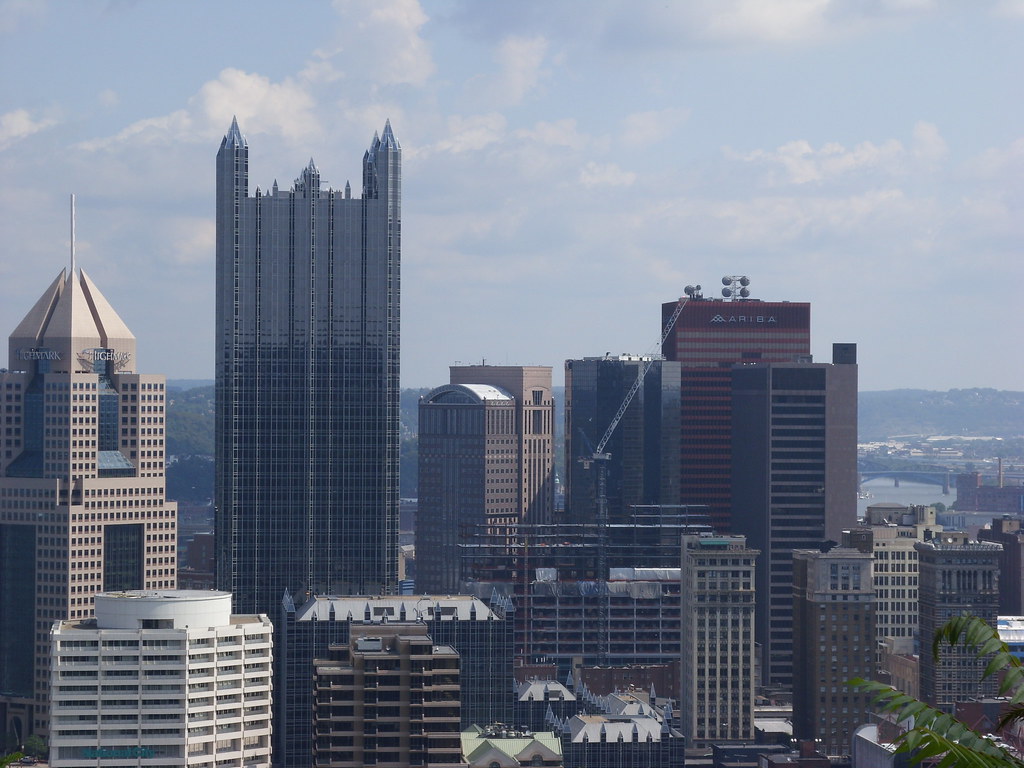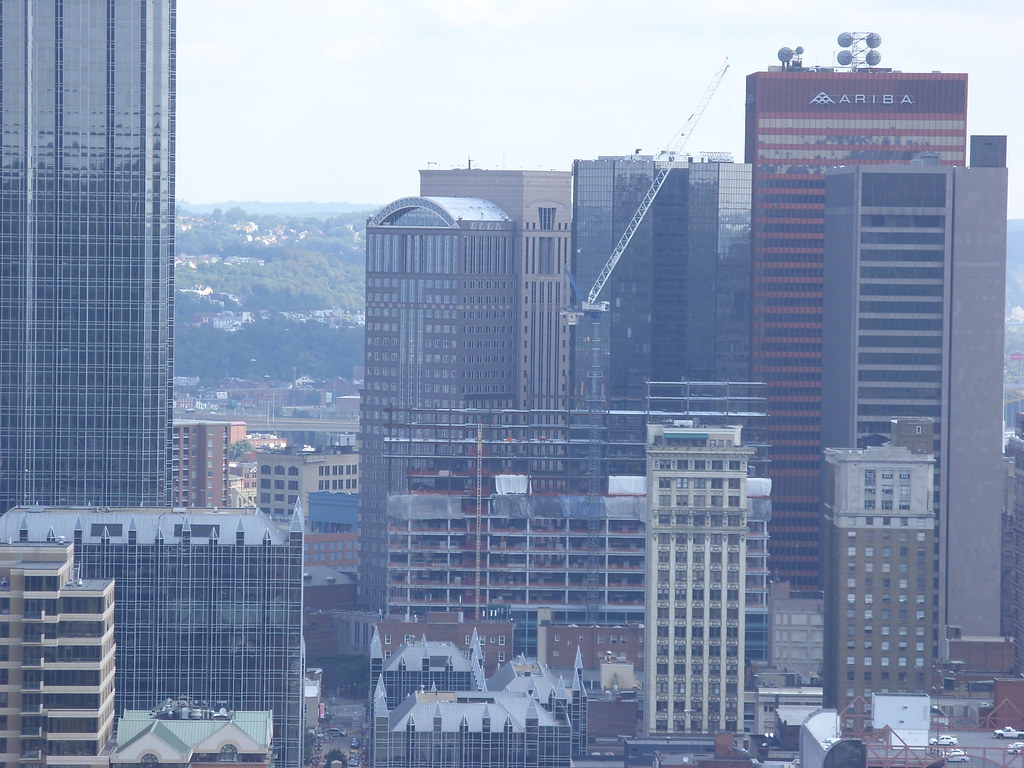I'm not even sure I advocate a federal transit division in Ottawa, all I'm saying is that Toronto and Ontario should approach the federal government and make a serious, unified case for expansion of the TTC subway in my opinion.
It's been tried...repeatedly with every party of every stripe...for as long as I can remember. The TTC goes hand in cap to the province for funding annually. At the end of the day, transit is a provincial responsibility. The feds aren't going to contribute that much to an agency they have no control over.
But isn't that the point of what I'm trying to say? In order to build a PROPER and DECENT LRT system you have to spend as much money as heavy rail. Otherwise you get a half-baked system that has sections in-traffic and using trains that don't have the capacity a city like Toronto needs.
I'd disagree with this point. Toronto is unique in that it has a lot of wide ROWs on streets in its inner suburbs (scarborough, etobicoke, north york) and reserved ROWs through unused hydro corridors (like the one being used for the Scarborough RT extension). The city planned for light rail or bus ROW on many of these avenues and its now simply putting the plan into action. What Toronto wants is not Pittsburg style grade separated LRT. It wants LRT that can handle about 10 000 pax/day/direction. This is around streetcar level of service. There are many on this forum who would say that even LRT might be overkill. The goal is for LRT to feed into the heavy rail network which will become the trunk lines for those heading downtown.
LRT fulfills a community need. Many TTC riders travel just within their communities and those trips account for just as many as the riders who commute to/from downtown. With the exception of work, most residents stick to their boroughs for most of their activities. The goal of Transit City is to provide improved improved service for these travellers as well. If we think of TO as a sum of the former boroughs this makes a lot of sense.
This works great for Pittsburgh because its a smaller city. Remember, the T gets an average of 30,000 riders/day. About 90,000 workers a day use the Port Authority system to get to their downtown jobs, so only 1/3rd of riders are using the T. That's great for Pittsburgh and it works for Pittsburgh. Pittsburgh isn't Toronto.
Actually, comparing Pittsburgh to a TO borough...like my hometown of Scarborough, we see that the populations are not that different and Pittsburgh has an even higher population density making mass transit (particularly rail) more feasible.
Toronto needs more capacity, LRT isn't right for expanding to the airport or to Scarborough. The Scarborough RT is a prime example of what not to do, because that is heavy grade light rail.
+1 to you. Toronto does need more capacity. And the Scarborough RT is not an example of what to do. It should have been a streetcar line (or a network) all along, resulting in completely different development patterns in Scarborough and a culture of transit.
But there is reality. Scarborough has developed as a low density inner suburb which makes heavy rail unsustainable east of McCowan (upto Markham is debatable) and north of the 401. Heck, I live in Malvern and would love a subway there, but I know its not wise use of taxpayer dollars. You should hear scarberiankhatru's views on this...if you think I am being harsh....and he's from scarborough!
With regards to the airport, it will eventually be served by the Blue 22 proposal, the crosstown Eglinton LRT (for hops in the west end near the airport), possibly a GO transit rail line, the current TTC airport rocket, Mississauga Transit, etc. It'd be nice to have a subway to the airport. Personally, I'd prefer an extension of the Sheppard line, westward, over a proposed extension from Kipling or a future DRL. But then it would still take over 45 mins by subway to travel there with all your stuff. Most Torontonians would just end up taking the Airport Express buses or cabs. That's why the Blue 22 proposal is a much better idea.
Why pay a lot of money for a substitute?
Because its not a lot of money (1/5 the cost of heavy rail) and its not a substitute. LRT is not being looked to as a substitute for heavy rail in Toronto (with the exceptions of the Eglinton Crosstown and the Sheppard East lines), its being looked at as an upgraded streetcar replacement for heavily used bus routes. I am pretty sure when the vehicle selection is announced it'll likely be an articulated two-car unit only, nothing like the 3 or 4 car units on the pictures you've put up for the T. This is the TTC's way of being streetcars to the burbs.
Why not get the real deal and get it done right the first time?
Because it costs money. The TTC is probably very afraid of another Sheppard type of situation where it builds a line that's expensive to run and its runs well below cost recovery. If it makes another bone-headed decision like that, based on a poor business case, it probably won't get further expansion funding from any level of government regardless of which party is in power.
LRT is a safe way of testing the waters. And I agree with the TTC's logic. Build cheap LRT lines. See which lines grow in ridership. Reward those lines 25-30 years hence with subways. Given that the TTC will have already bought up and built ROWs through the LRT process, the subways can be built at minimum cost then. I can already tell you that the Sheppard East and Scarborough Malvern LRTs will never see an upgrade to a subway. There arent even that many riders who take the bus past Markham.
I am a big subway fan. Having travelled all over the world and seen how urban development and mass transit fit together, I wish we could have that kind of development in Toronto. But until the population density increases (sadly, something which many Torontonians oppose) and/or government is willing to contribute more towards the TTC's O&M budget (vice just the capital budget), I doubt we will see more subways. And with the Spadina extension, the Yonge line extension, and the completion of the Sheppard subway on the books, there is plenty of subway work that will keep the TTC tied up for at least a decade.





